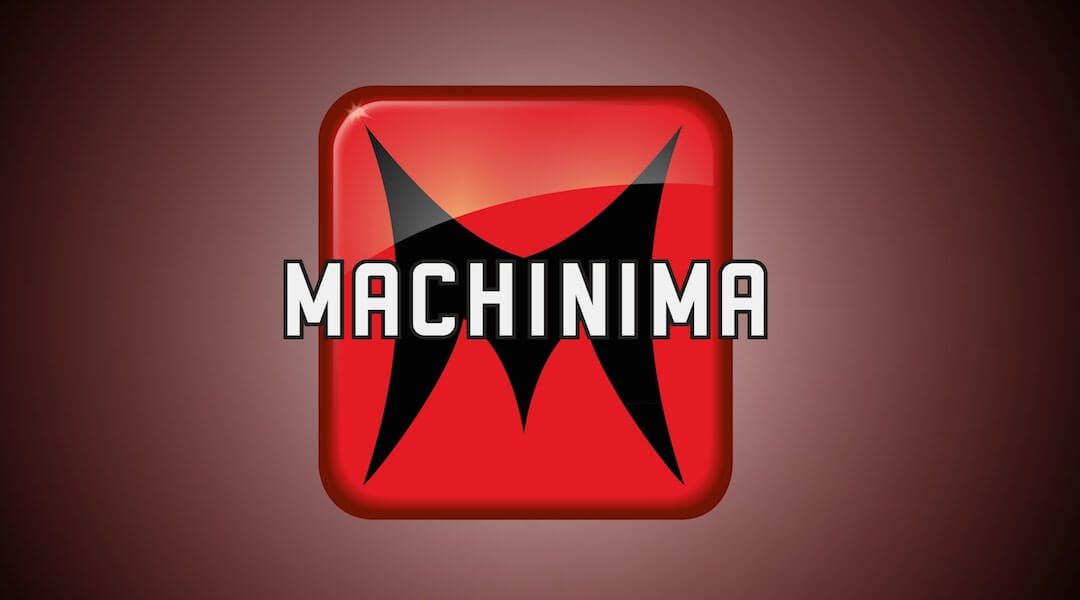When launching a new console, a lot of work goes into promotion. Ads are crafted, interviews are conducted, and fans are educated. While traditional advertising certainly works to spread the word on new consoles, companies are constantly working to find new ways to get information to gamers.
One of the emerging methods of reaching potential customers is through YouTube, which has lead to many advertisers combing through the video sharing service to discover new ways to sell things to the masses. But the methods utilized to advertise to potential customers has prompted discussions on deception and advertising, with Microsoft finding itself the focal point of the conversation.
In late 2013, Microsoft was preparing to launch the Xbox One and wanted to get the word out. Looking to reach the lucrative YouTube community, Starcom, Microsoft’s advertising group, decided to reach out to content creation group Machinima. Working together, a deal was struck that Machinima would produce videos to advertise the forthcoming Xbox One, with Machinima promising Starcom that the videos would receive a combined minimum of 19 million views.
True to their word, Machinima produced four videos espousing the merits of the Xbox One, paying two YouTubers $15,000 and $30,000 for the content. However, these videos failed to mention that they were bought and paid for by Microsoft.
This deal quickly came to light, with details concerning the partnership initially popping up in January of 2014. As time went on, further details concerning Machinima’s deal with Microsoft trickled out, with various YouTube “influencers” coming forward to claim that they were paid $1 per every 1,000 views on any videos portraying the Xbox One in a positive light. With the details of the deal now firmly in the limelight, the Federal Trade Commission stepped in and charged Machinima with deceptive advertising tactics.
Machinima has opted to settle the charges with the FTC, which has lead to several requirements being set for the YouTube content giant. The settlement states that Machinima must not release any similarly deceptive videos in the future, and that the company must reveal when videos are being posted due to paid endorsements.
The FTC quickly brought Microsoft and Starcom up on the same charges, but Microsoft’s “swift action” lead to the FTC dropping the case, with the FTC stating:
“While Microsoft and Starcom both were responsible for the influencers’ failure to disclose their material connection to the companies, FTC staff considered the fact that these appeared to be isolated incidents that occurred in spite of, and not in the absence of, policies and procedures designed to prevent such lapses. The companies also quickly required Machinima to remedy the situation after they learned that Machinima was paying influencers without making the necessary disclosures.”
With the matter now settled, Machinima will be under careful scrutiny concerning future videos, which could lead to a negative impact for the company. Gamers clearly listen to YouTube personalities, but by not disclosing promotions, this could end up doing more harm than good to the product.
Source: Federal Trade Commission

